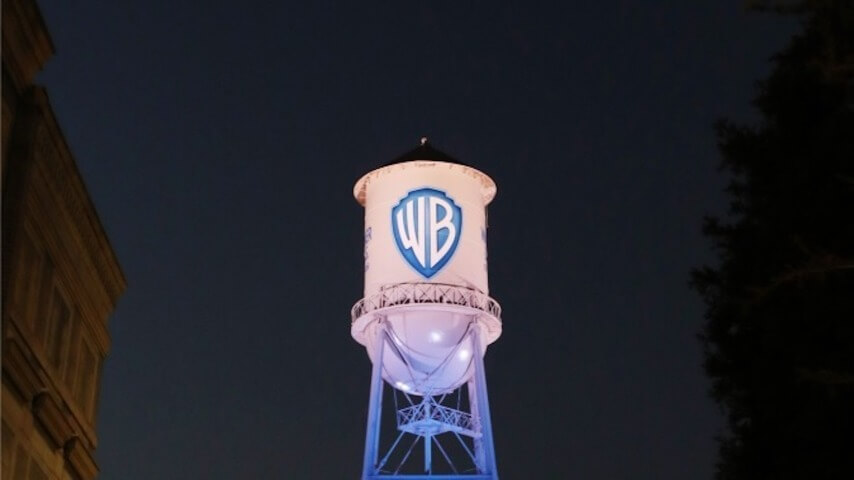WBD was one of multiple studios (including Netflix, Disney, Amazon Studios, and Apple) to receive a letter from legal association U.K. Lawyers for Israel earlier this week stating that the boycott is a breach of the U.K.’s Equality Act and could affect financing and insurance. The boycott “creates a dangerous precedent,” the letter read, per Variety. “One that condones the exclusion of individuals and/or organizations based solely on their nationality, ethnicity, and/or religion.” Earlier this month, the Louis D. Brandeis Center for Human Rights under Law sent a similar letter stating that the boycott violates U.S. Federal and State laws.
The boycott in question was launched in September by the advocacy group Film Workers for Palestine, and calls on people in the industry to pledge not to work with “Israeli film institutions—including festivals, cinemas, broadcasters and production companies—that are implicated in genocide and apartheid against the Palestinian people.” In its FAQs section, it further notes that the boycott doesn’t call for a ban on working with Israeli individuals but rather “Israeli institutions (original emphasis) that are complicit in Israel’s human rights abuses against the Palestinian people. This refusal takes aim at institutional complicity, not identity.” So far, the pledge has been signed by over 5,000 actors and filmmakers including Emma Stone, Joaquin Phoenix, Andrew Garfield, and Ayo Edebiri.
WBD isn’t the first studio to reject the movement. Shortly after the pledge was launched, Paramount‘s chief communications officer, Melissa Zukerman, said in a statement that the company “do[es] not agree with recent efforts to boycott Israeli filmmakers.” “Silencing individual creative artists based on their nationality does not promote better understanding or advance the cause of peace,” she went on. “The global entertainment industry should be encouraging artists to tell their stories and share their ideas with audiences throughout the world. We need more engagement and communication—not less.” Over a thousand film industry workers including Liev Schreiber, Mayim Bialik, and Debra Messing also signed their own letter denouncing the pledge as “a document of misinformation that advocates for arbitrary censorship and the erasure of art.”
Despite these challenges, Film Workers for Palestine has held firm. In a response to the U.K. Lawyers for Israel letter, a spokesperson for the organization told Variety, “We will never be deterred from our work to end complicity in Israel’s genocide and apartheid and will continue contributing to a global movement aimed at Palestinians achieving their UN-stipulated rights. It is a legal and moral imperative all should uphold, and we thank our community of artists who stand resolutely for humanity.”

 Keep scrolling for more great stories.
Keep scrolling for more great stories.
